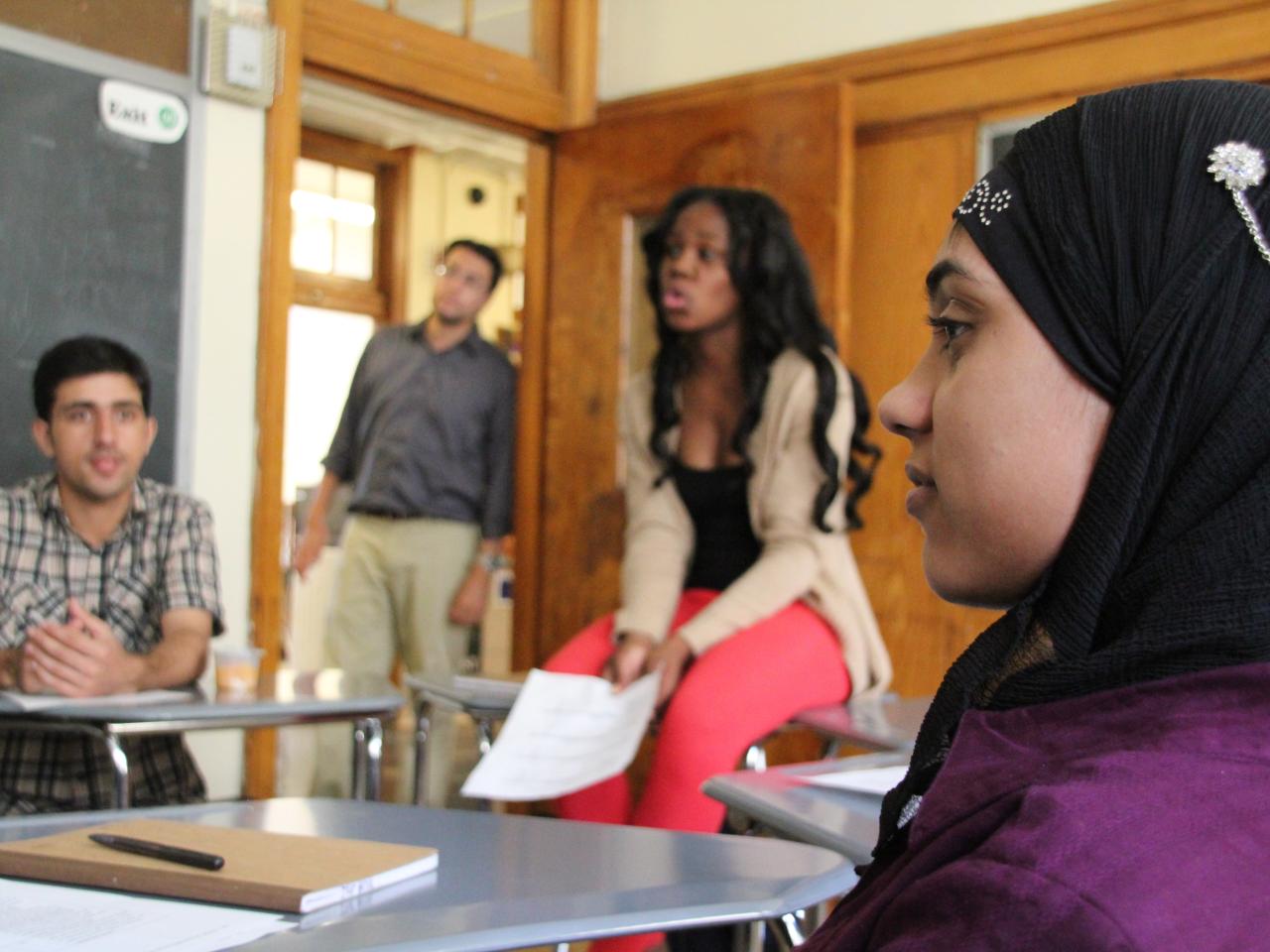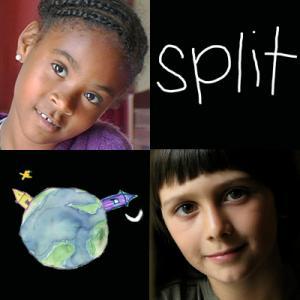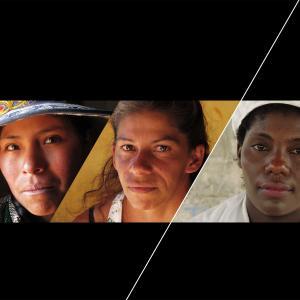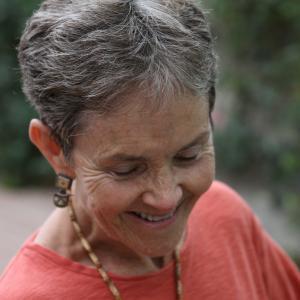10 Ways New Day Films Changed People’s Lives in 2015

10 Ways New Day Films Changed People’s Lives in 2015.
The U.S. Department of Education hosted a special screening of Jean-Michel Dissard and Gitte Peng's documentary I Learn America, during which Secretary of Education Arne Duncan declared, “The students represented in the film need to be seen and supported as national assets in our schools.” This fall, the New York State Department of Education started using the film to train teachers to work with immigrant youth, and is now looking to make the project available to all of its middle and high schools.
2015 was the year TIME magazine declared the “Transgender Tipping Point,” and director Kimberly Reed was invited to make appearances on NBC, MSNBC, and ABC due to her autobiographical film Prodigal Sons (the first theatrically-released film by a trans director). The film has continued to move audiences, leading one transgender viewer to say, “Thank you for choosing to be so visible about yourself, your life, and your identities — your film certainly helped me in my process of transitioning,” and another to add, "Your film Prodigal Sons was instrumental in helping me by bringing understanding to my family. Thank you.”
A researching team at Notre Dame University published a study in the Journal of Responsible Innovation on how Regan Brashear’s documentary Fixed: The Science/Fiction of Human Enhancement shifted the viewpoints of scientists and bioengineering researchers on the ethical and social implications of their work. The research cited how the film’s varying perspectives of disability caused viewers to reconsider “profound personal and societal questions.”

In New York's Nassau County, over 50 matrimonial lawyers were treated to a screening of Split, Ellen Bruno's short documentary on divorce, shot entirely from the perspective of children. The film received glowing reviews, with many lawyers declaring their intention to show the film to their clients and others making plans to share it more widely with child advocate attorneys and family court judges.
Greta Schiller’s The Marion Lake Story inspired several community ecological restoration projects, including the clean-up of a phragmite-overgrown wetland in Groton, Connecticut, and the creation of a rain garden by students at Timber Creek High School, a service learning school in Orlando, Florida. Wendy Doromal, a supervising teacher at Timber Creek High, wrote that the “moving story exemplifies environmental stewardship and beautifully shows how a united effort can positively impact a community.

Disruption, Paco de Onis and Pamela Yates's feature documentary about a cutting-edge group of Latin American social entrepreneurs, played widely across Colombia, Ecuador, and Peru as the centerpiece of the Disrupt Poverty Tour. Following screenings of the film in town centers, local youth and women were trained to design and administer digital surveys analyzing the level of women's financial inclusion in their communities for eventual presentation to NGOs and governments.
The West Virginia Foundation for Rape and Information Services began using Debra Chasnoff's Straightlaced—How Gender’s Got Us All Tied Up in statewide rape crisis centers to help with its mission to prevent and address sexual violence, stalking and dating violence. The film has been instrumental in helping to create understanding around how gender norm pressures can lead to unhealthy decision-making-- a key to preventing future violence.
After a screening of Tracing Roots: A Weaver’s Journey at Yale University, a student and member of the Choctaw Nation of Oklahoma told filmmaker Ellen Frankenstein how important the film was to affirming her identity: “A lot of Yale students have never been around Native Americans before and it feels strange when I’m trying to explain where I come from.”

Hospitals, medical schools, and rehab facilities across the country held screenings of States of Grace. After a screening at the Rhode Island Hospital in Providence, the Senior Vice-President & Chief Nursing Officer wrote to filmmakers Mark Lipman and Helen Cohen, “The response for days following your presentation was nothing short of overwhelming…Many people said that they felt it could make a difference in the way we care for patients.” Others added: “You have nourished my spirit as a bedside nurse” and “Reminds us all why we became health care professionals.”
Ellen Brodsky traveled to Seoul, South Korea, with The Year We Thought About Love, her award-winning film about a LGBTQ youth theater troupe. After the screening, a young woman shyly raised her hand and said, "I have two friends who came out to me. After watching your film, I think I can now be a better friend. Thank you.
